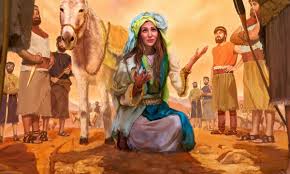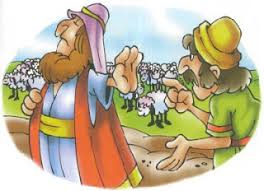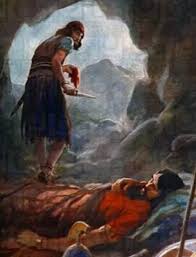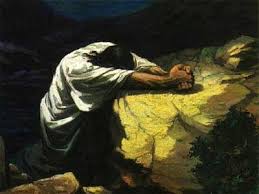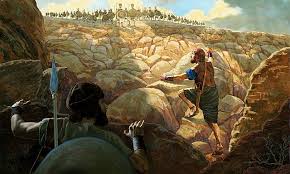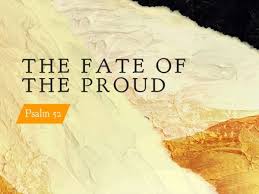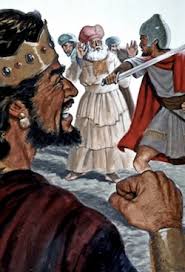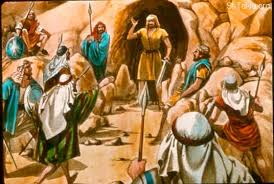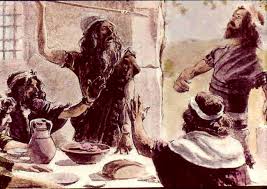Bp – David Again Spares Sha’ul’s Life First Samuel 26: 1-25
David Again Spares Sha’ul’s Life
First Samuel 26: 1-25
The noteworthy similarities between Chapters 24 and 26, already noted briefly (to see link click Bj – David Spares Sha’ul’s Life) have led some to assume that the same incident is in view. The differences, however, are equally noteworthy. There really shouldn’t be any difficulty in concluding that there were two separate instances where David spared Sha’ul’s life. The most fundamental difference between the two chapters is that Chapter 24 was a study in David’s restraint when given an opportunity to kill Sha’ul. Chapter 26 is a demonstration of David’s ability to put himself in the position to kill Sha’ul.155
In addition, there are differences in locations (a cave in En-Gedi and Sha’ul’s camp near Hakilah), times (day and night), activities (Sha’ul came to the cave, while David went to the camp), David’s responses (cutting the corner of Sha’ul’s robe and taking Sha’ul’s spear and water jug), and David’s words (spoken only to Sha’ul and spoken to Abner and Sha’ul). This second experience with Sha’ul was certainly more daring on David’s part since he was actually in Sha’ul’s camp. David’s recent experience with Nabal and Abigail had reassured him of his future reign and had taught him a valuable lesson about revenge. This chapter recounts the final confrontation between David and Sha’ul, and the words of the two men demonstrate the irreconcilable nature of their relationship.156




